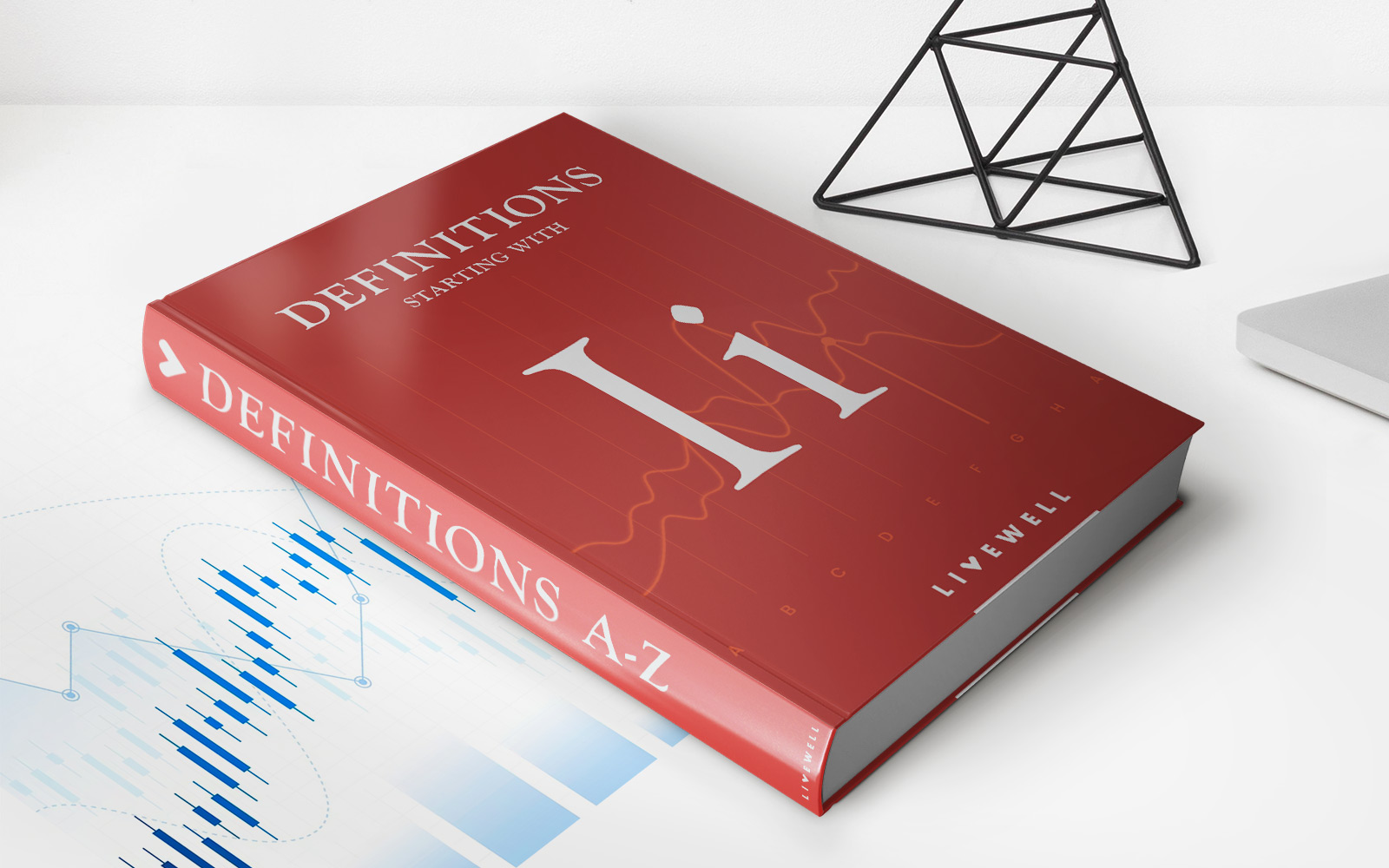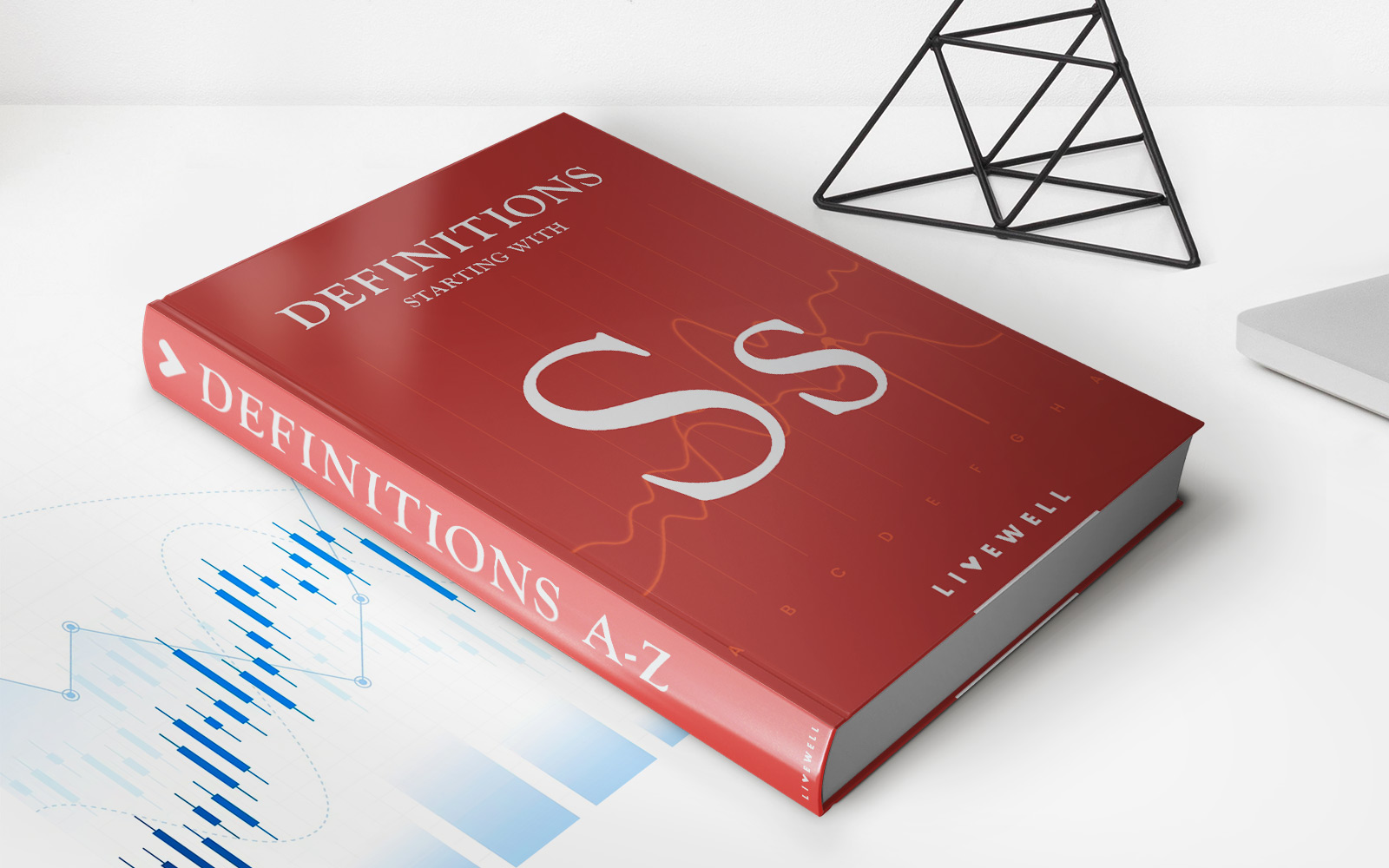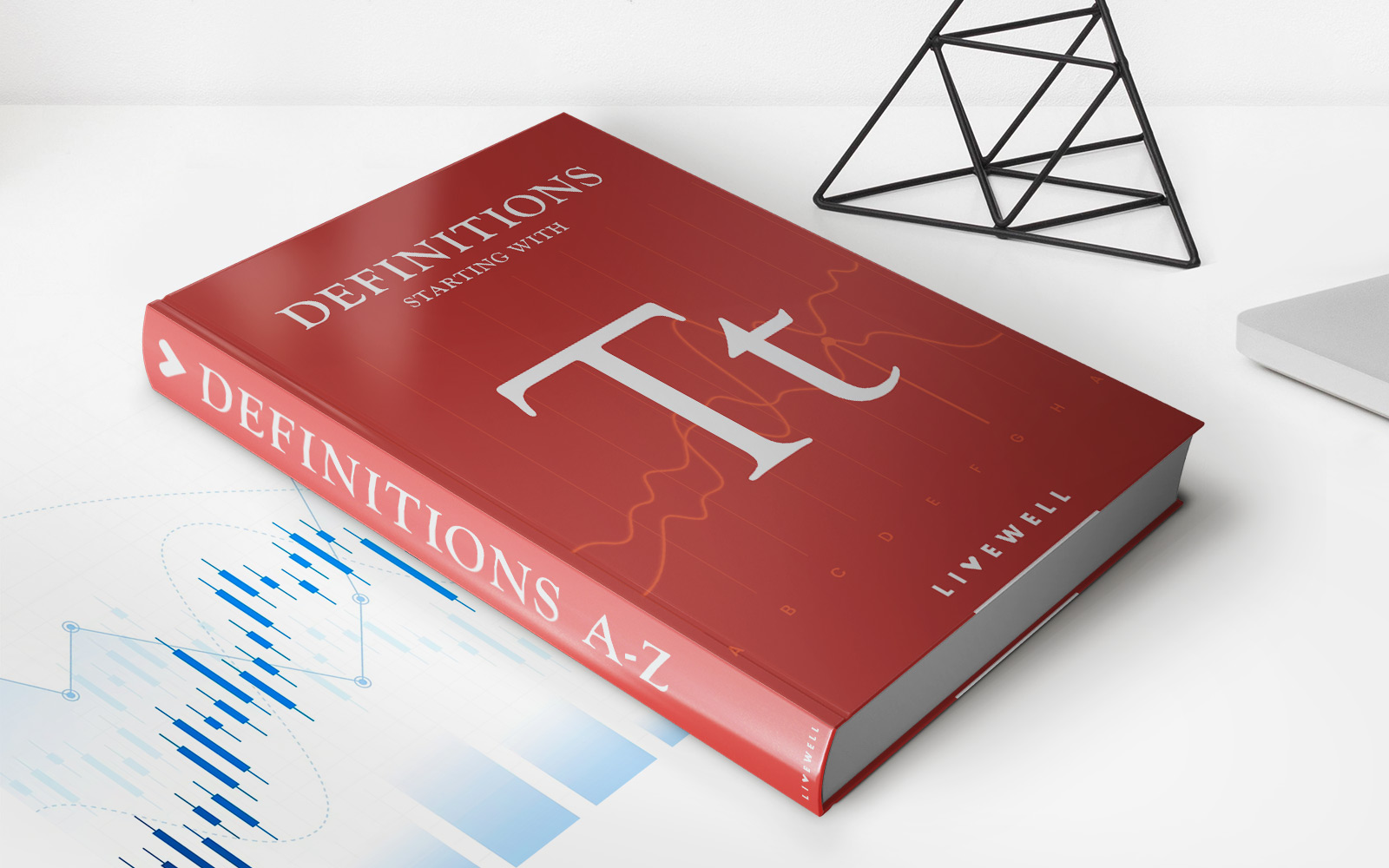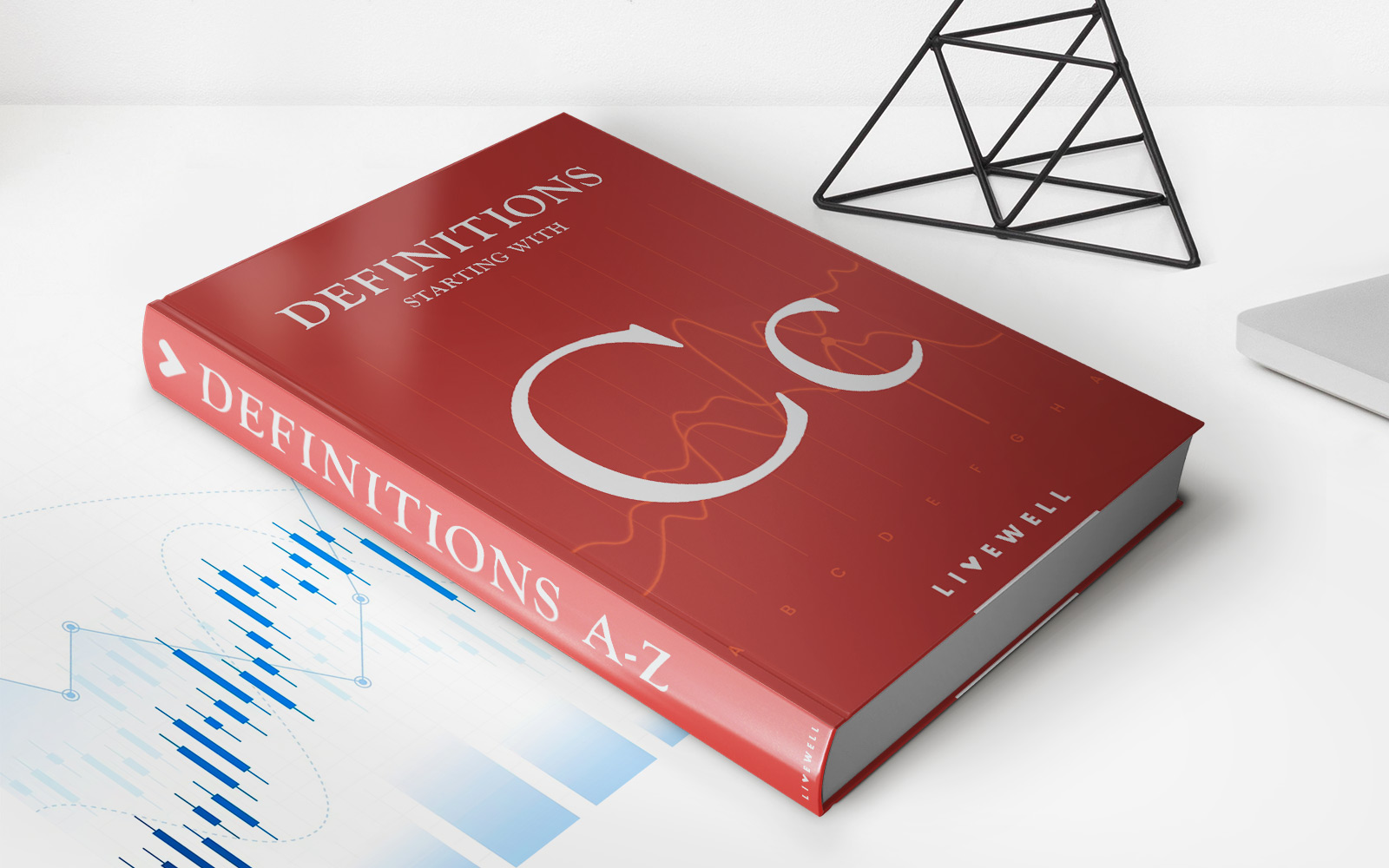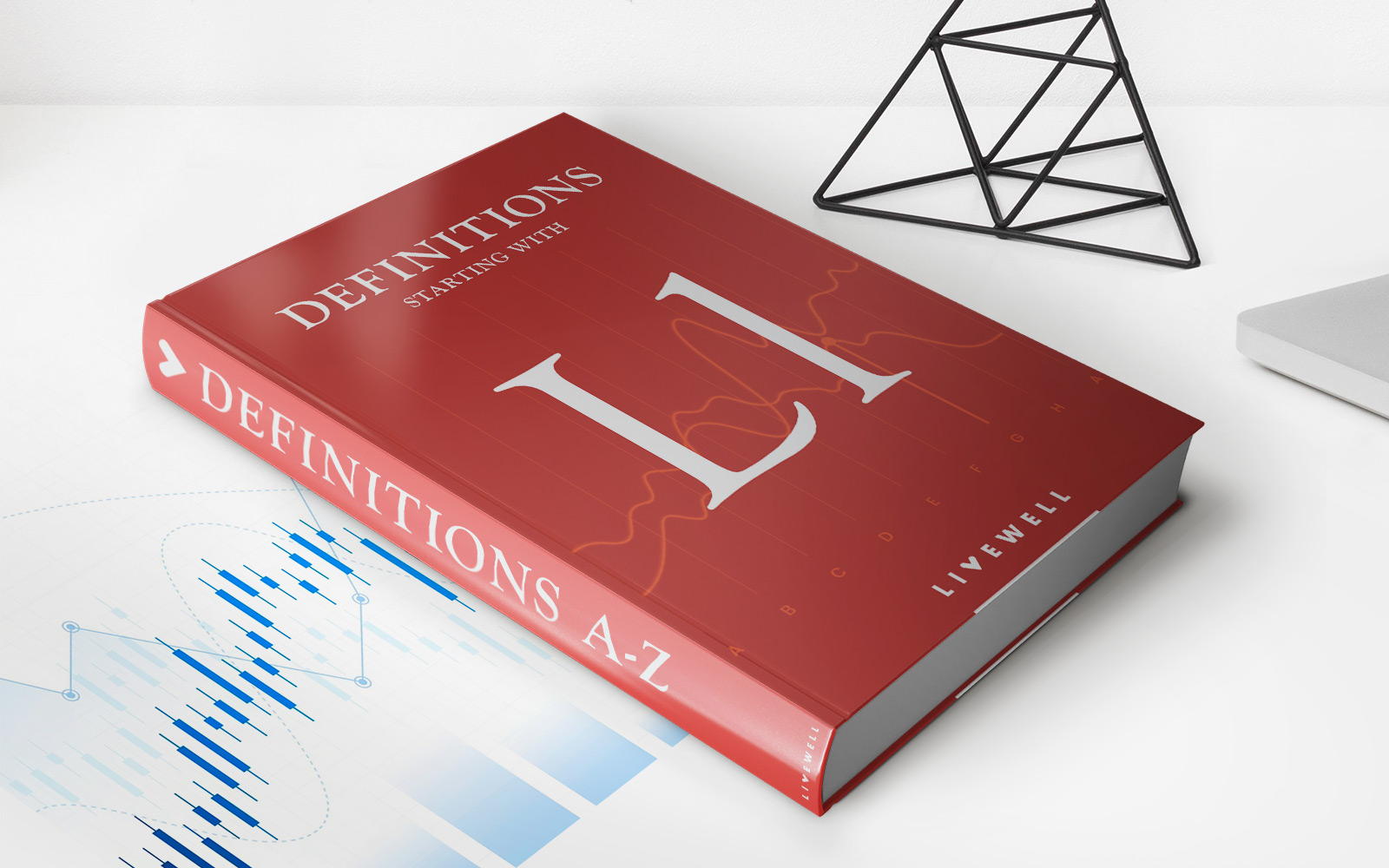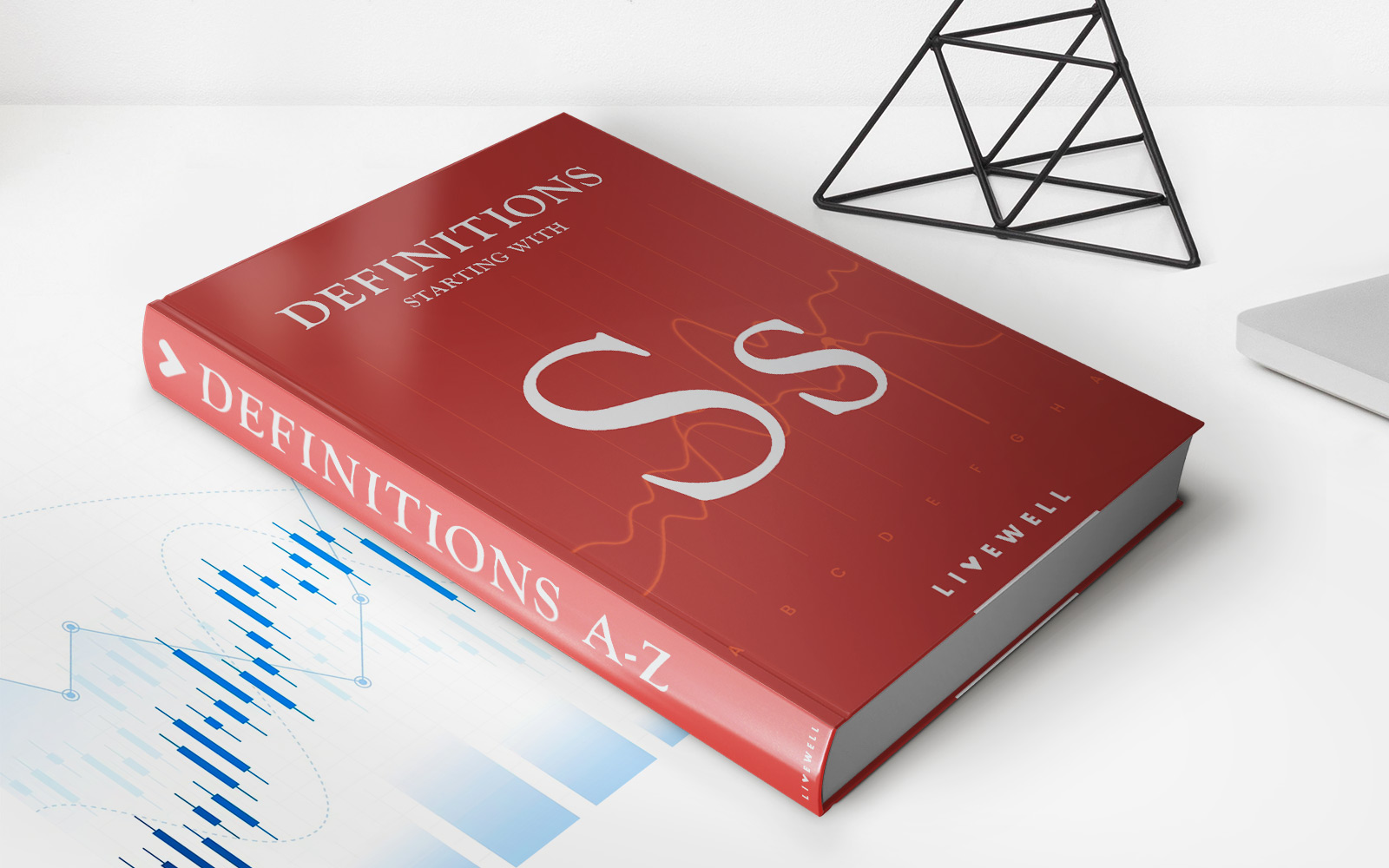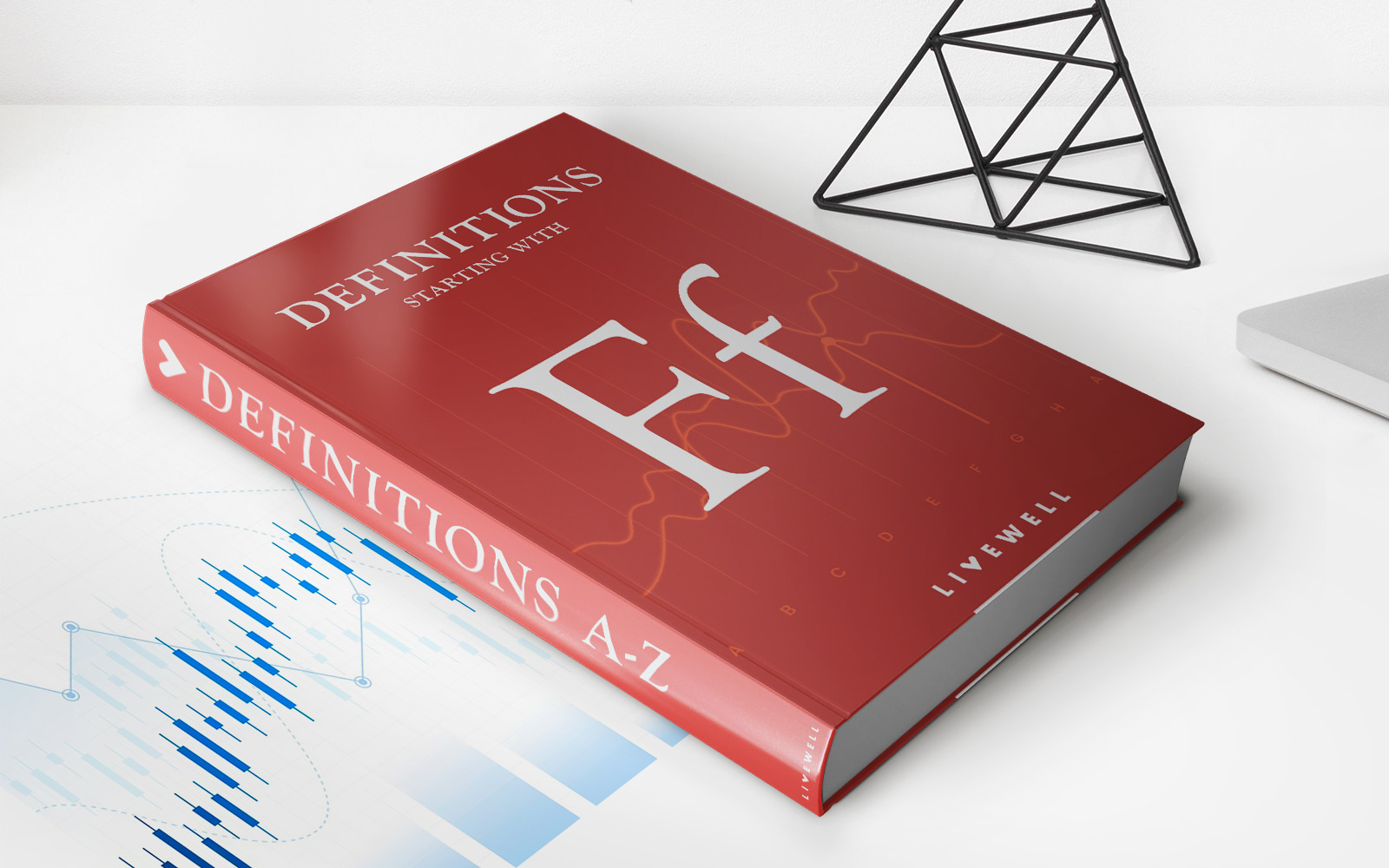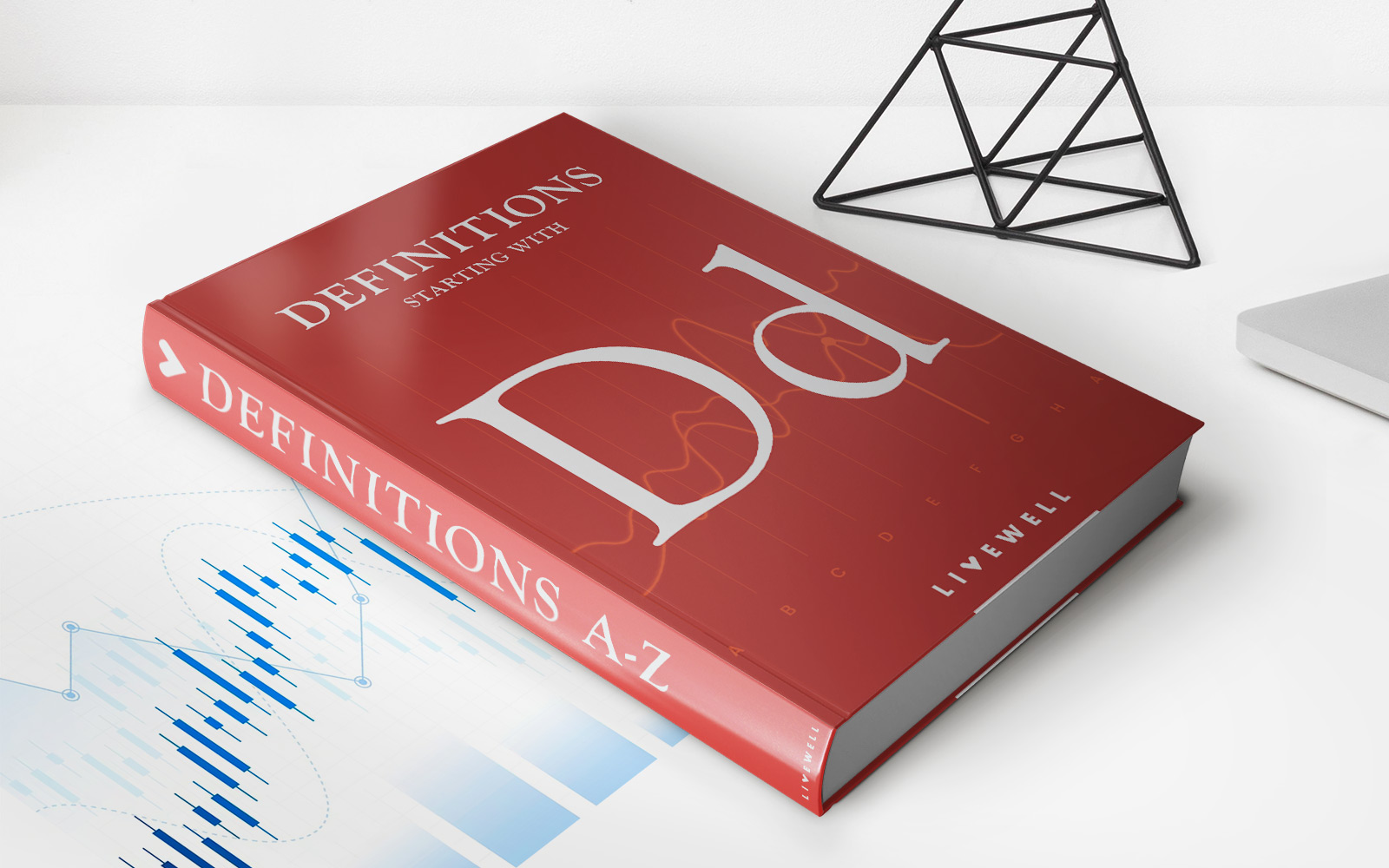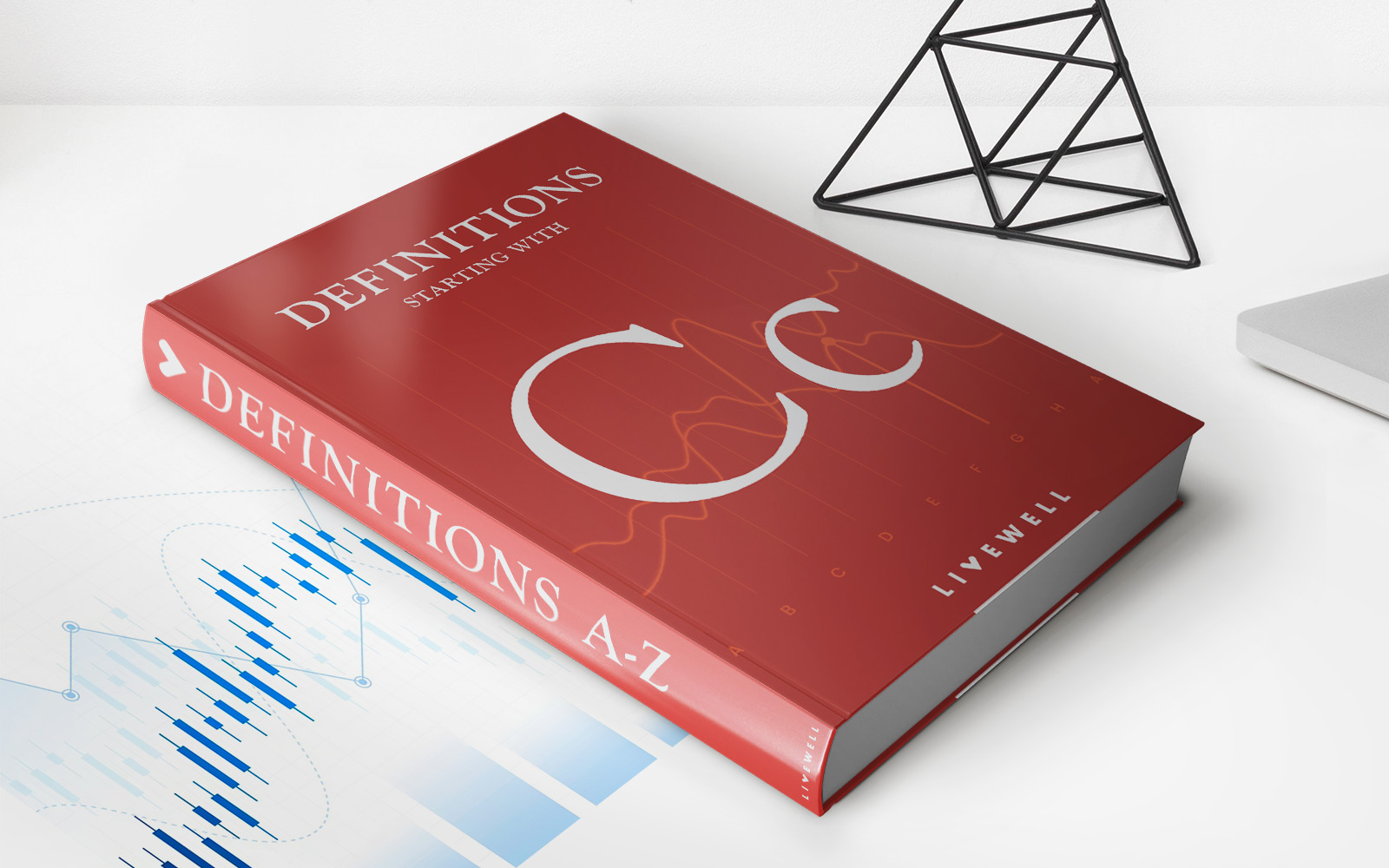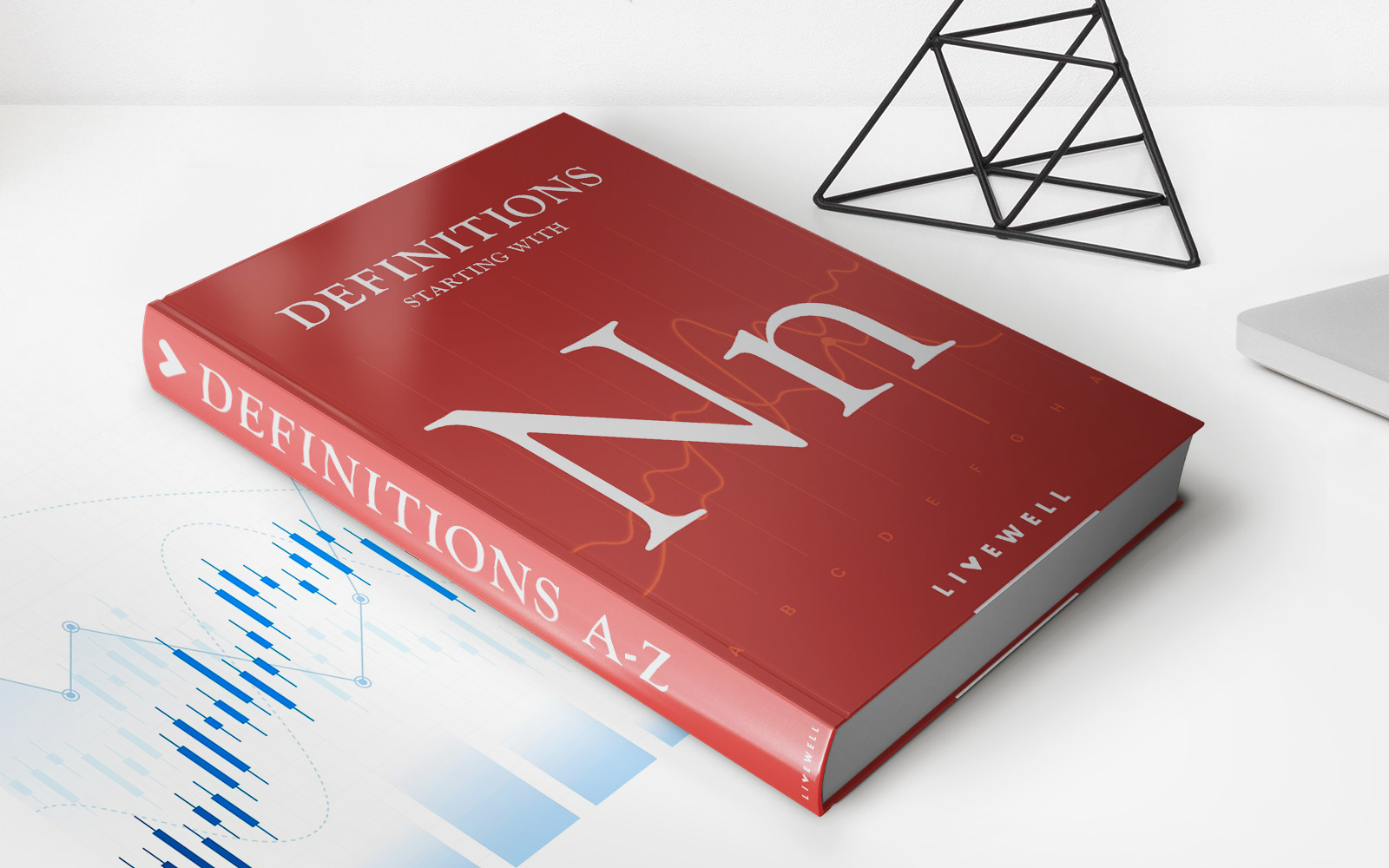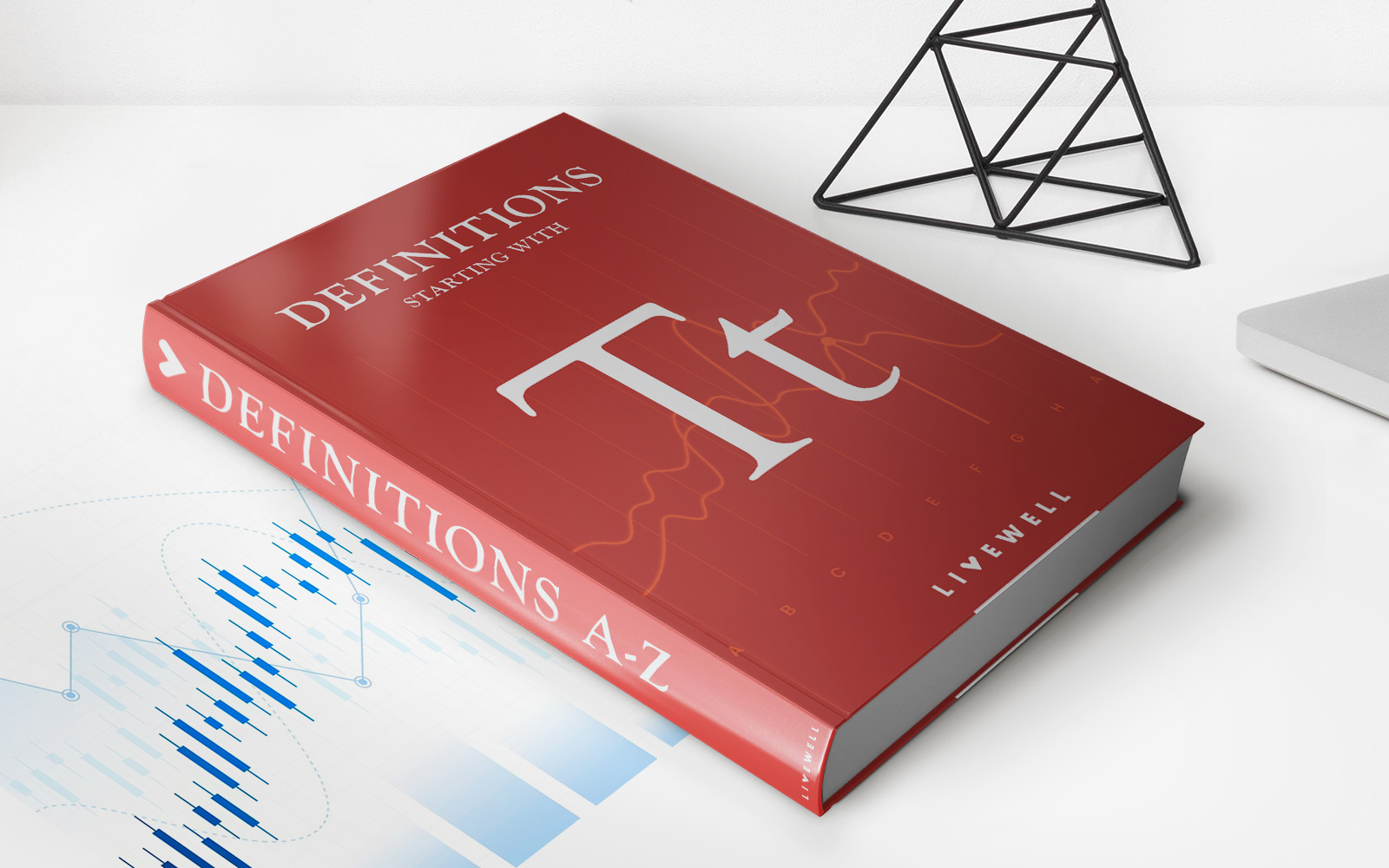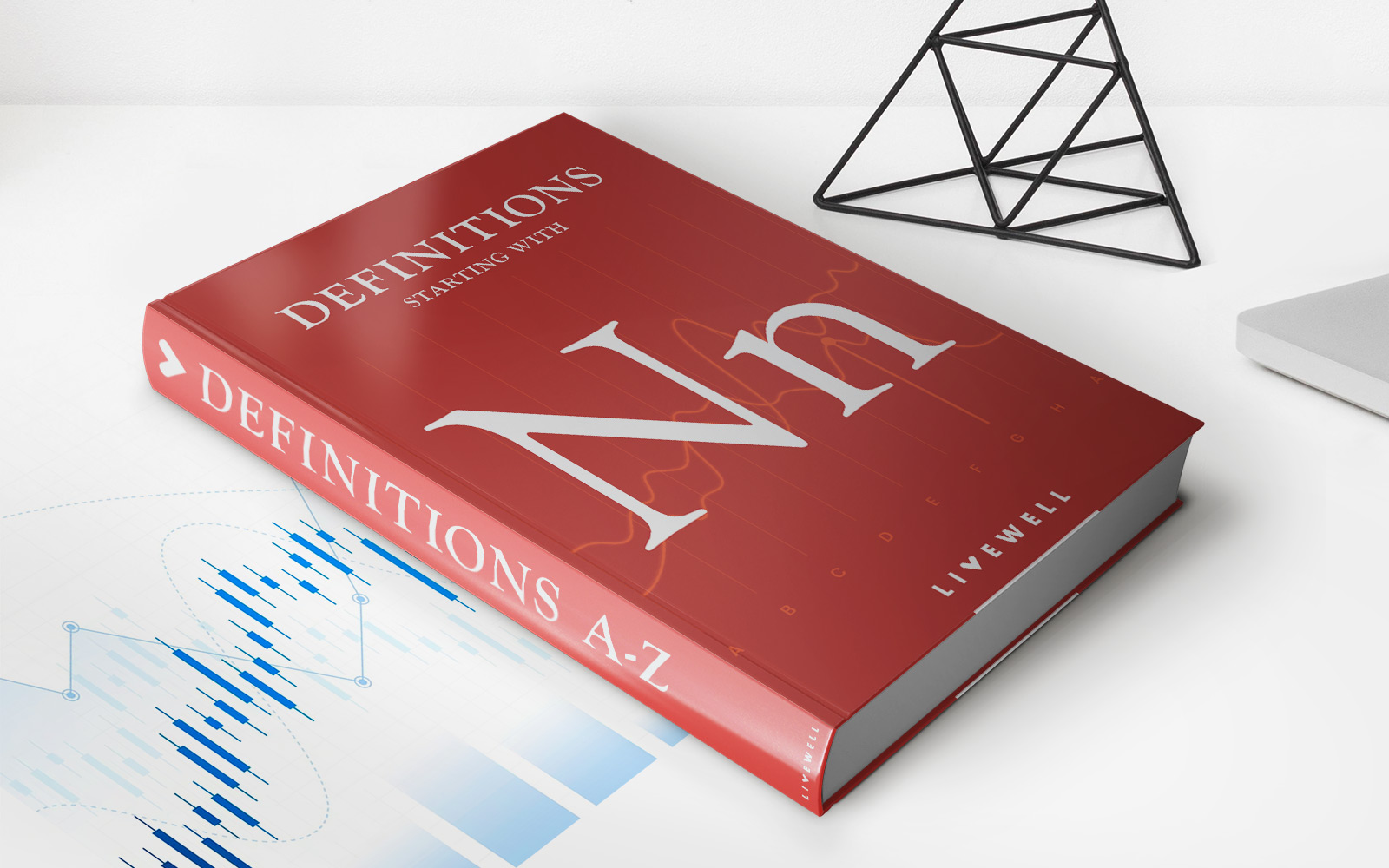Home>Finance>Like-Kind Exchange: Definition, Example, Pros & Cons
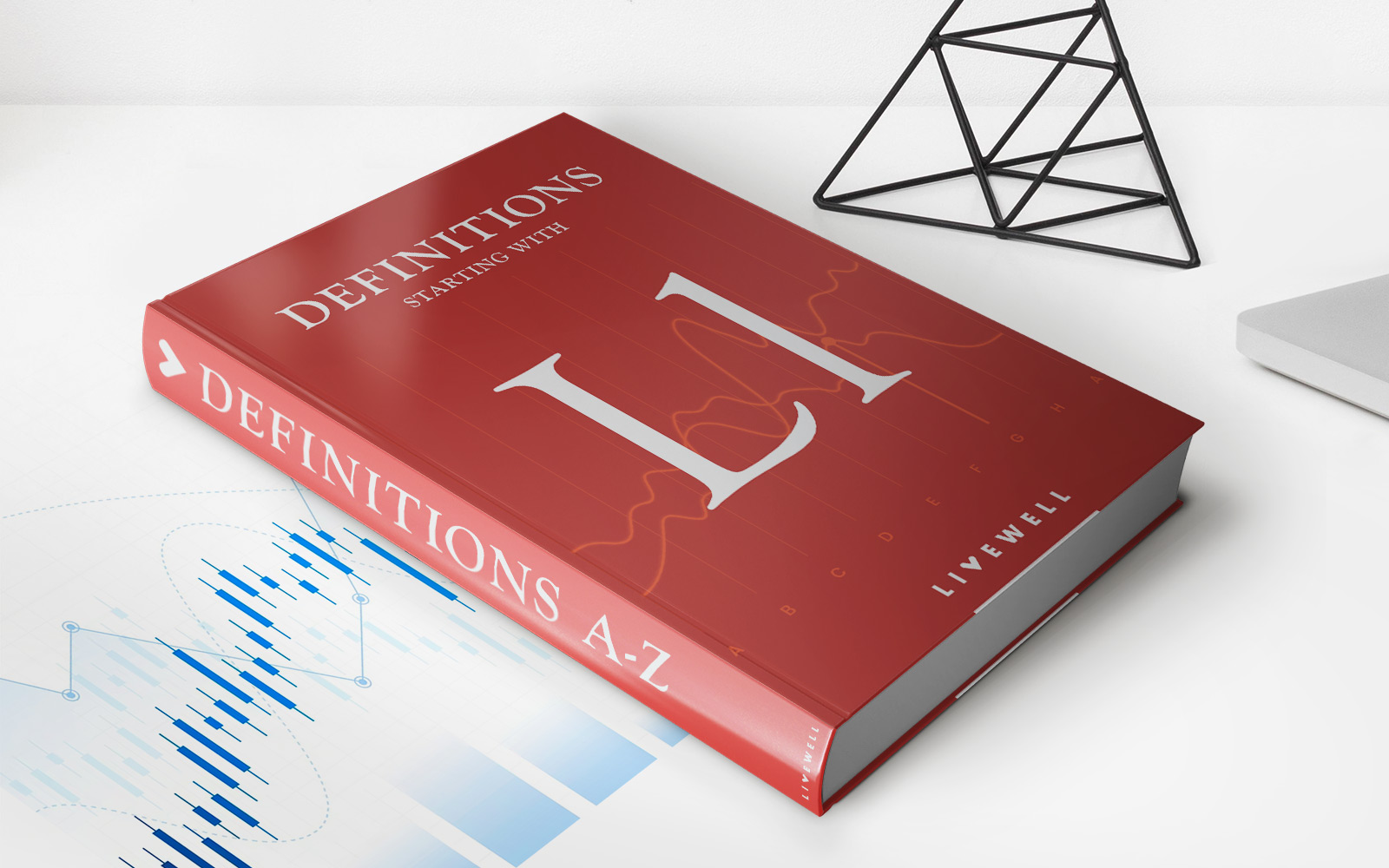

Finance
Like-Kind Exchange: Definition, Example, Pros & Cons
Published: December 18, 2023
Looking to understand Like-Kind Exchange in finance? Discover its definition, example, pros, and cons to make informed decisions.
(Many of the links in this article redirect to a specific reviewed product. Your purchase of these products through affiliate links helps to generate commission for LiveWell, at no extra cost. Learn more)
Like-Kind Exchange: Definition, Example, Pros & Cons
Welcome to another blog post in our “FINANCE” category! Today, we are going to dive into the exciting world of like-kind exchanges. If you’ve ever wondered about the potential benefits and drawbacks of like-kind exchanges, you’ve come to the right place. In this article, we’ll provide you with a clear and concise definition of like-kind exchanges, give you an example to better understand how they work, and discuss the pros and cons of utilizing this tax strategy.
Key Takeaways:
- Like-kind exchanges offer tax advantages by allowing individuals and businesses to defer capital gains taxes when exchanging similar types of property.
- To qualify for a like-kind exchange, the properties being exchanged must be of the same nature or character, regardless of their quality or grade.
What is a Like-Kind Exchange?
A Like-Kind Exchange, also known as a 1031 exchange (referencing the IRS code section), is a transaction that allows individuals and businesses to defer capital gains taxes when exchanging similar types of property. The term “like-kind” refers to the nature or character of the property being exchanged, rather than its quality or grade. Note that the like-kind exchange applies only to real estate or tangible personal property used for investment or business purposes.
Example of a Like-Kind Exchange
Let’s say you own a rental property, and you’re interested in purchasing a different property with the intention of generating rental income. Instead of selling your current rental property and incurring capital gains taxes on the profit, you can opt for a like-kind exchange. You can exchange your existing rental property for the new property, deferring the capital gains taxes and allowing you to invest the full amount in the new property. This way, you can continue to grow your real estate portfolio without the immediate burden of taxes.
Key Pros and Cons of Like-Kind Exchanges
Like any tax strategy, like-kind exchanges have their own set of advantages and disadvantages. Let’s take a closer look at each:
Pros:
- Tax Deferral: The most significant benefit of utilizing a like-kind exchange is the ability to defer capital gains taxes. By deferring taxes, you can reinvest the full amount into a new property, allowing for increased growth and potential profits.
- Portfolio Diversification: Like-kind exchanges provide an opportunity to diversify your real estate or tangible asset portfolio by exchanging properties or assets in different locations or industries.
Cons:
- Strict Requirements: Like-kind exchanges have specific rules and requirements that must be followed to qualify for tax deferral. Failure to comply with these regulations can result in disqualification and the immediate taxation of capital gains.
- Limited Options: The availability of suitable like-kind properties or assets for exchange may be limited at times, potentially restricting your options and making it difficult to find an ideal replacement for your property.
Now that you have a better understanding of like-kind exchanges, including their definition, an example, and the pros and cons involved, you can make an informed decision as to whether this tax strategy is right for you. Remember, it’s always a good idea to consult with a tax professional or financial advisor before implementing any tax-related strategy to ensure it aligns with your individual financial goals and circumstances.
We hope you found this blog post helpful and informative. Stay tuned for more fascinating topics in the “FINANCE” category!
